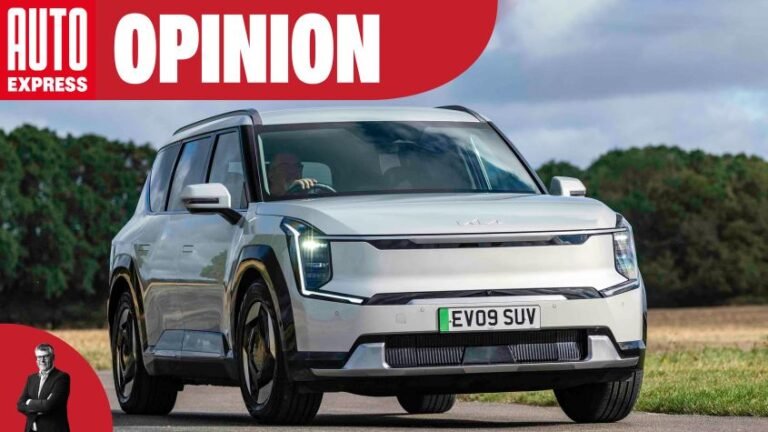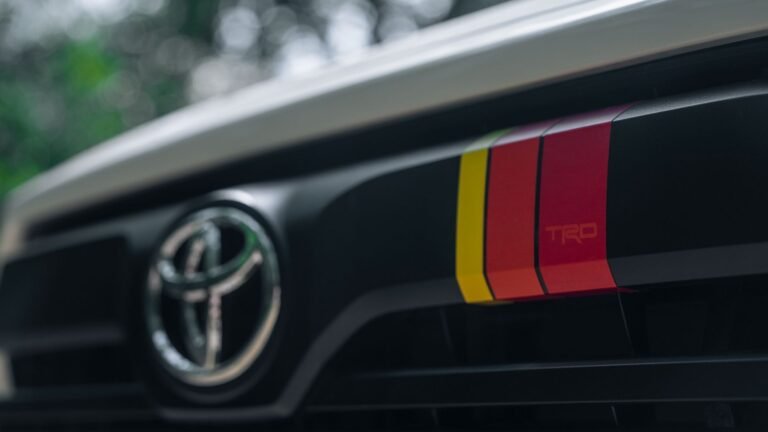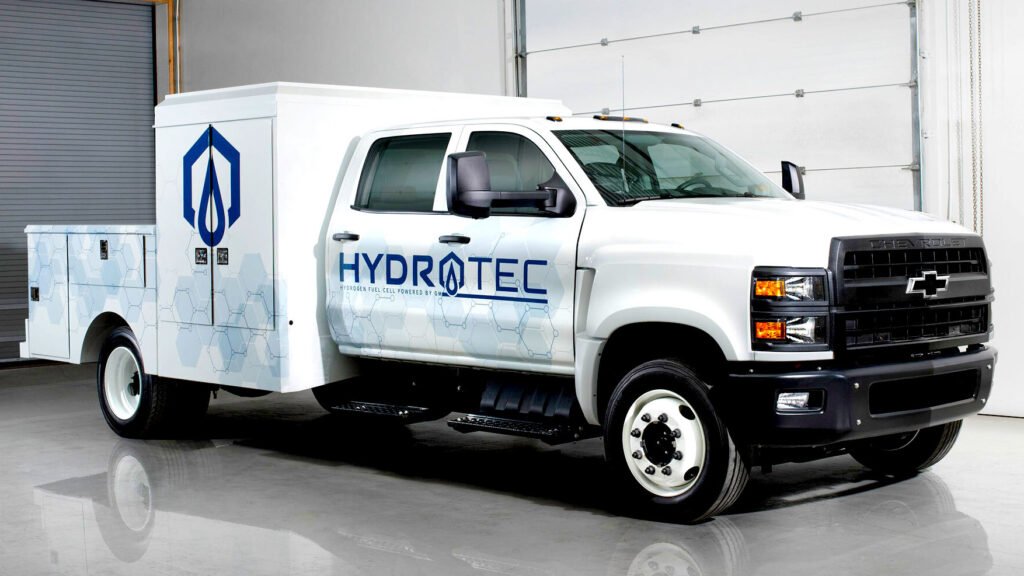
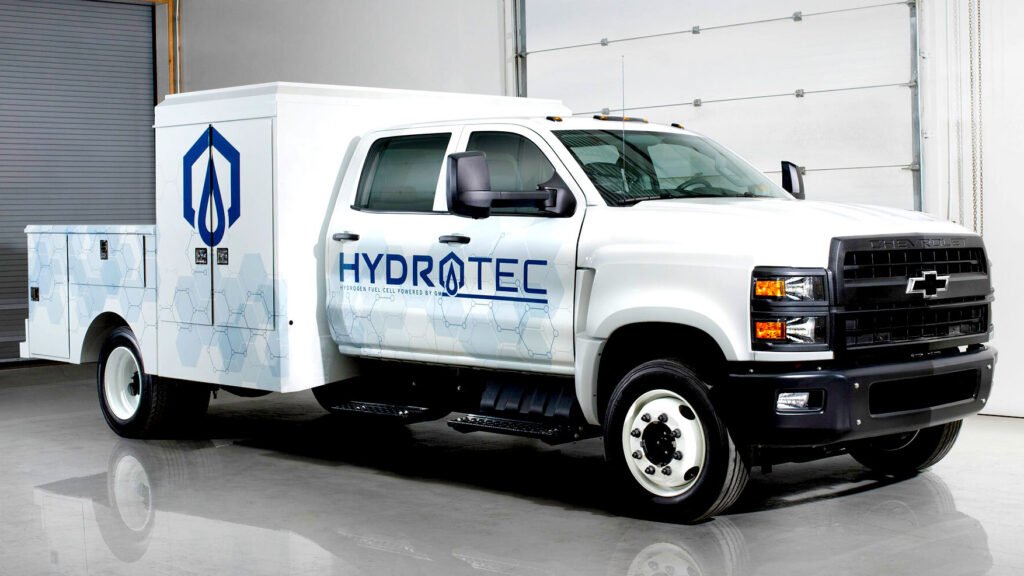
- General Motors has stopped work on next-gen fuel cells for vehicles.
- The automaker is betting on EVs as they have “clear market traction.”
- Company isn’t done with hydrogen, but it will have a narrower focus.
While Hyundai and Toyota might be the best known proponents of hydrogen fuel cells, General Motors was also a big supporter. However, the company has reversed course and decided to stop working on next-generation fuel cells for its Hydrotec brand.
For those unfamiliar with the ins and outs of GM’s hydrogen business, Hydrotec systems were aimed at vehicles ranging from the SURUS to massive mining trucks. The automaker also envisioned using Hydrotec powercubes to power mobile electric vehicle charging stations.
More: Hydrogen Goes Huge As GM And Komatsu Work On Eco-Friendly Mining Truck
While that’s just a glimpse into the company’s efforts, the automaker noted “the path to reaching a sustainable business in fuel cells is long and uncertain.”
They went on to cite limited refueling infrastructure and high costs as two key reasons why consumers haven’t embraced hydrogen-powered vehicles.
Hydrogen was once billed as the clean fuel of the future, but electric vehicles are here today. In fact, GM pointed out there are more than 250,000 Level 2+ EV chargers in the United States, but just 61 hydrogen refueling stations.
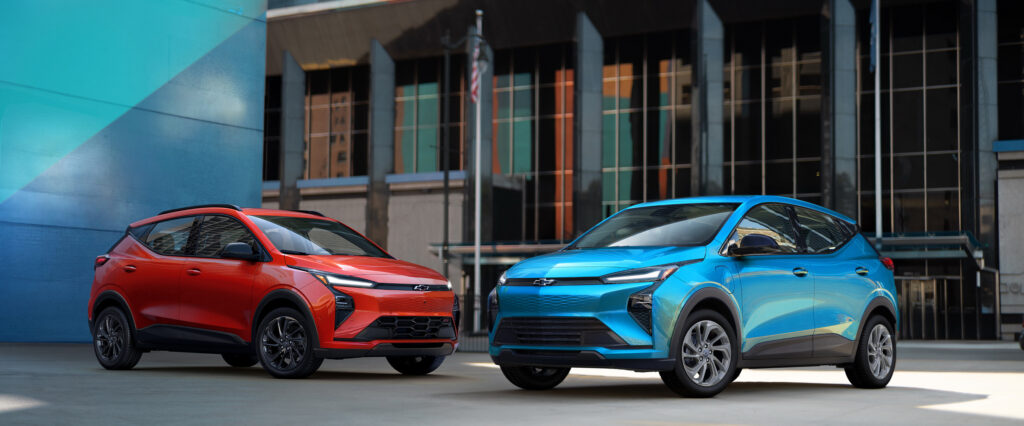
Given all of this, the automaker has decided to “focus on the technologies that show the clearest path to scale and customer value.” That means concentrating their efforts on EVs, “which have clear market traction, rather than on hydrogen, which has yet to fulfill its potential.”
That being said, GM isn’t throwing in the towel altogether. Quite the opposite as the company noted “hydrogen holds promise for specific high-demand industrial applications like backup power, mining, and heavy trucking.”
As a result, they’ll still continue producing fuel cells for data centers and power generation through their Fuel Cell System Manufacturing joint venture with Honda.

